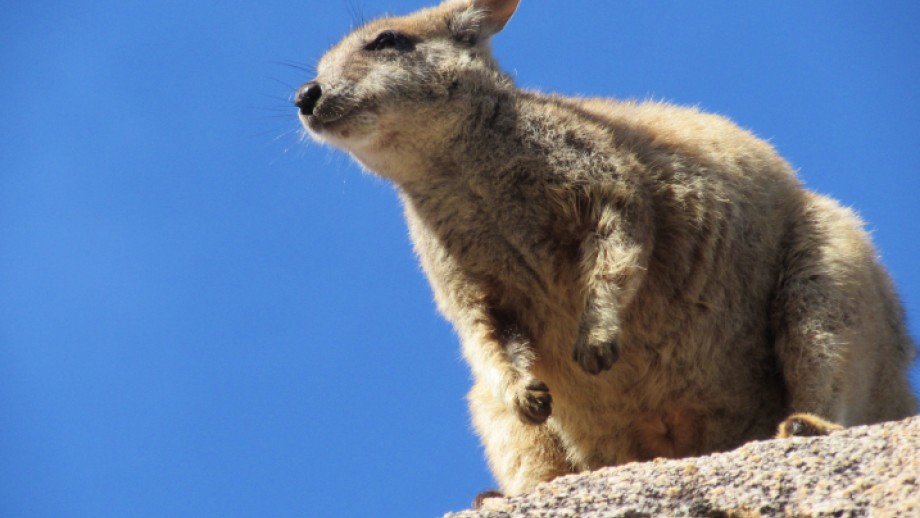The Wonderful World of Marsupial Chromosomics
Australia is home to a diverse range of marsupials, which are a treasure trove of interesting biology. Marsupial genomes, which are packaged into beautiful,
Speakers
Content navigation
Description

Australia is home to a diverse range of marsupials, which are a treasure trove of interesting biology. Marsupial genomes, which are packaged into beautiful, large chromosomes, provide a powerful resource for studying the mechanisms of genome evolution. The combination of chromosome biology and genome sequencing, or “chromosomics”, has proven invaluable for piecing together the puzzle how some of the unique features of marsupials evolved or even for understanding the evolution of transmissible tumours in Tasmanian devils. The next phase of marsupial genome evolution research is employing chromosomics approaches to begin addressing complex questions that will impact our understanding across a broad range of fields, including the genetics of speciation, genome adaptation to environmental stressors, and species management. In this seminar, I will discuss what we’ve learned to date and the work in train for the next, exciting phase of marsupial chromosomics.
Janine completed her PhD in Biology at Macquarie University. After a postdoctoral fellowship at the University of Texas Health Science Centre in San Antonio, Janine returned to Australia and joined the Comparative Genomics Group at the ANU, where she combined her love of Australian mammals and genomics. Janine joined the Institute for Applied Ecology at the University of Canberra in 2013 as an ARC Future Fellow working on tracking the evolution of devil facial tumour disease. Janine is currently the Director of the newly established Centre for Conservation Ecology and Genetics within the Institute for Applied Ecology. Her current projects include understanding the mechanisms of speciation using rock-wallabies as a model group and sex determination in the central bearded dragon. Janine is leading the whole genomes working group of the Oz Mammals Genomics Initiative.
Location
Eucalyptus Seminar Room, Level 2 RN Robertson Bldg, ANU
